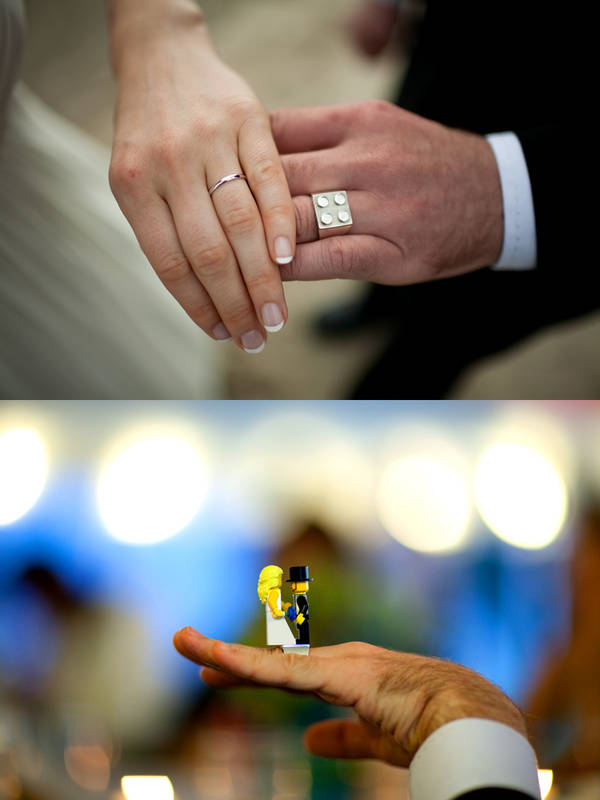Over the last year, a couple of high profile cases have drawn attention to sex in elder care homes. Many people assume that with aging, interest in sex and sexual behaviour tends to wane. While this is true for some people, many people enjoy sex into their later years.
The concern expressed recently has been around sex, dementia, and consent. There was a case earlier this year in which a man was charged (and eventually acquitted) for sexually abusing his wife, who has Alzheimer. This has started an important conversation. Time magazine recently published a piece on this issue. Here are some excerpts:
Today’s aging Americans also grew up with fewer sexual limits than earlier generations and may be unwilling to live in nursing homes that don’t accommodate their sex lives, experts say. “Let’s be real. Baby boomers brought the sexual revolution to America in the ’60s—what are they going to bring to nursing homes?” Roberta Flowers, co-director of the elder law center at Stetson University College of Law, told TIME.
But elder advocates, physicians and nursing home experts say that there is no national standard of best practices for how nursing homes should accommodate residents who are sexually active. The policies that do exist are archaic, regressive and even ageist, and do not acknowledge that nursing home residents could happily have consensual sex with each other.
[...]
The question of whether the elderly should be having sex is most troubling when it comes to dementia. But experts and elderly advocates say people with dementia are capable of consenting to sex, that they are able to express that consent, and that sex and touch can be good for them, which makes it difficult to know when it is appropriate to set limits. Hebrew Home’s policy is explicit that patients with dementia and Alzheimer’s can give consent to sex, either verbally or non-verbally.
“A 12-year-old can’t consent to sex with an adult today or tomorrow. You can’t have the same black-or-white rule for someone suffering from dementia,” said Flowers, the expert on elderly law. “Someone with dementia is not incapacitated all the time for all things. If they are not incapacitated at the moment of the sex act, they have a right to have sex.”
She added, “It’s a difficult issue and it’s not going away.”
Read the rest here.










